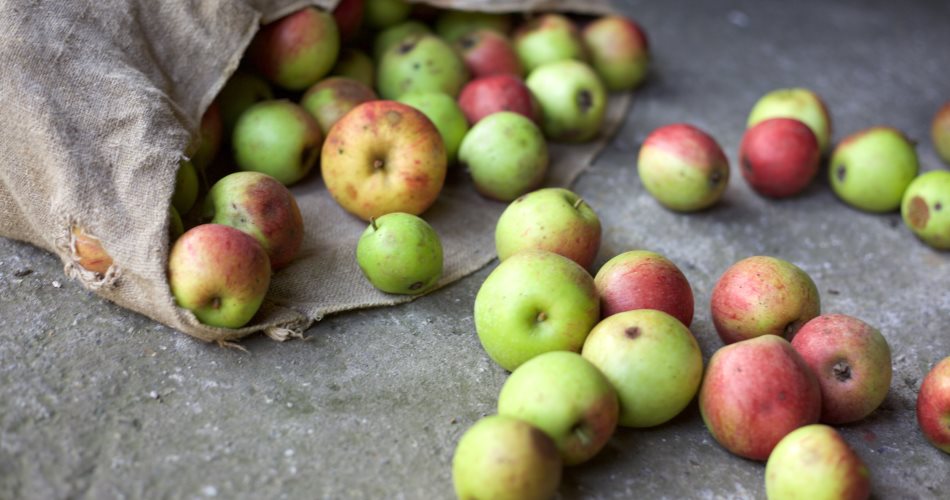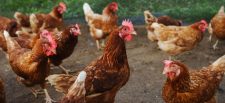Upcycling food waste into ingredients or products for human consumption could become standard practice according to Oakland Innovation.
As the world population grows, there’s increasing risk of a global ‘food gap’. To help counter this, pressure is mounting for food and beverage organisations to reduce food waste during production and processing. There has also been a surge of venture capital interest in start-ups focused on new technologies and approaches for food waste, according to the company.
Oakland says as these factors converge, the sector will benefit from a raft of innovation in upcycled food and beverage products.
Oakland believes partnership approaches where organisations from different sub-sectors or with different skillsets pool their expertise and resources are likely to perform well. It has recently published a whitepaper Upcycling food waste which explores ways to find value in food and waste streams while building a more sustainable food future.
David Nightingale, principal consultant, foods & beverages at Oakland, says delivering a successful upcycled product demands specialist skills and technical capabilities.
He said: “There are so many factors to balance with an upcycled food waste product. From a sustainability point of view, you need to be sure that upcycling represents a better use of resources than other options, such as diverting the waste for animal feed or biogas production. It also needs to be financially viable. And naturally, the end product must satisfy food safety legislation and have sensory qualities that appeal to consumers. Any initiatives in this space need to be carefully considered at the outset, then expert input is necessary throughout the product development journey.”
Oakland Innovation is part of Science Group and combines scientific expertise with deep market knowledge and extensive industry reach to inspire and accelerate innovation.









